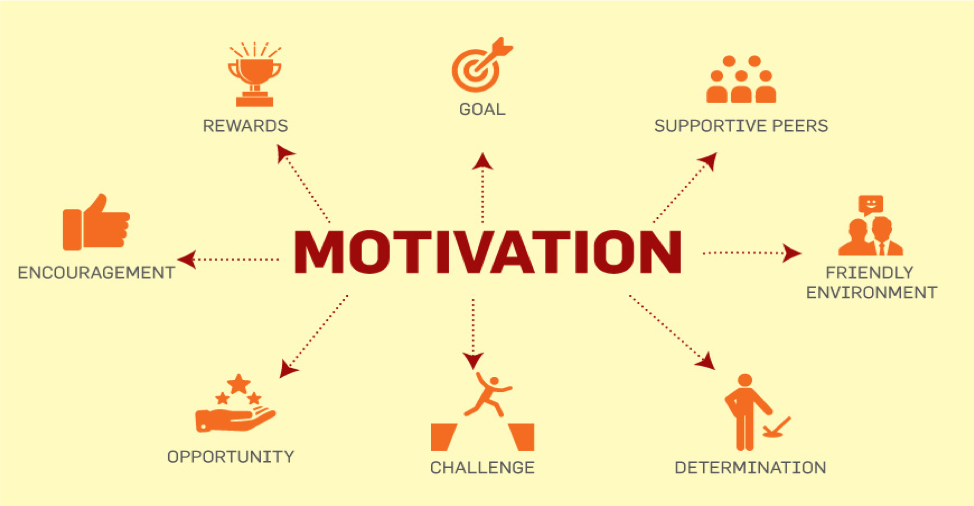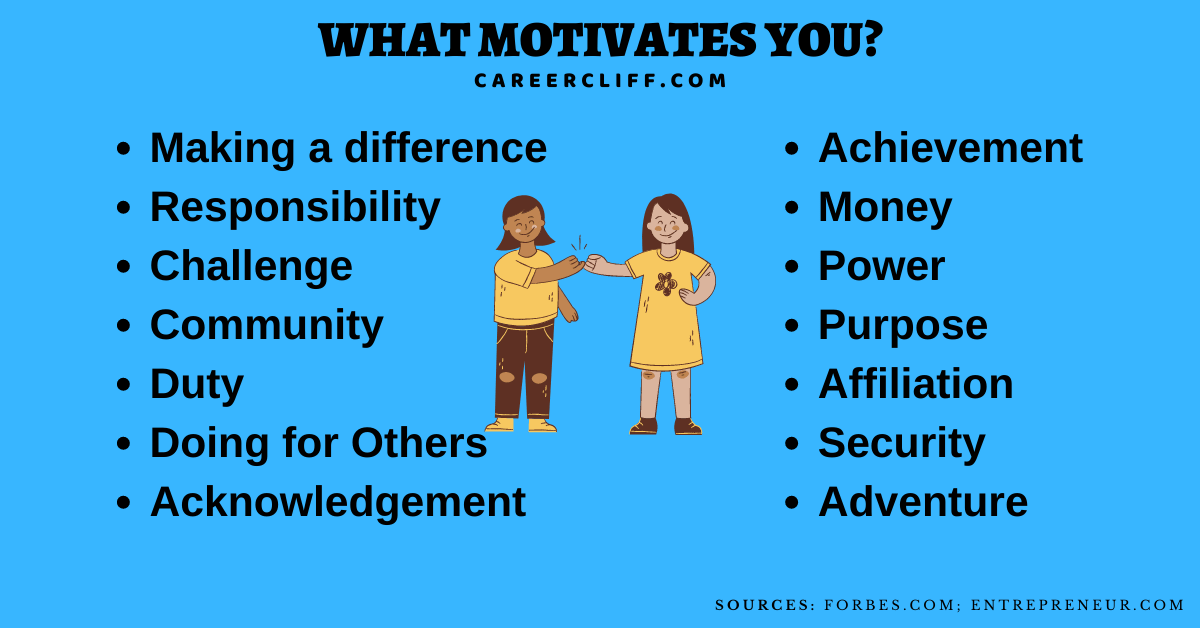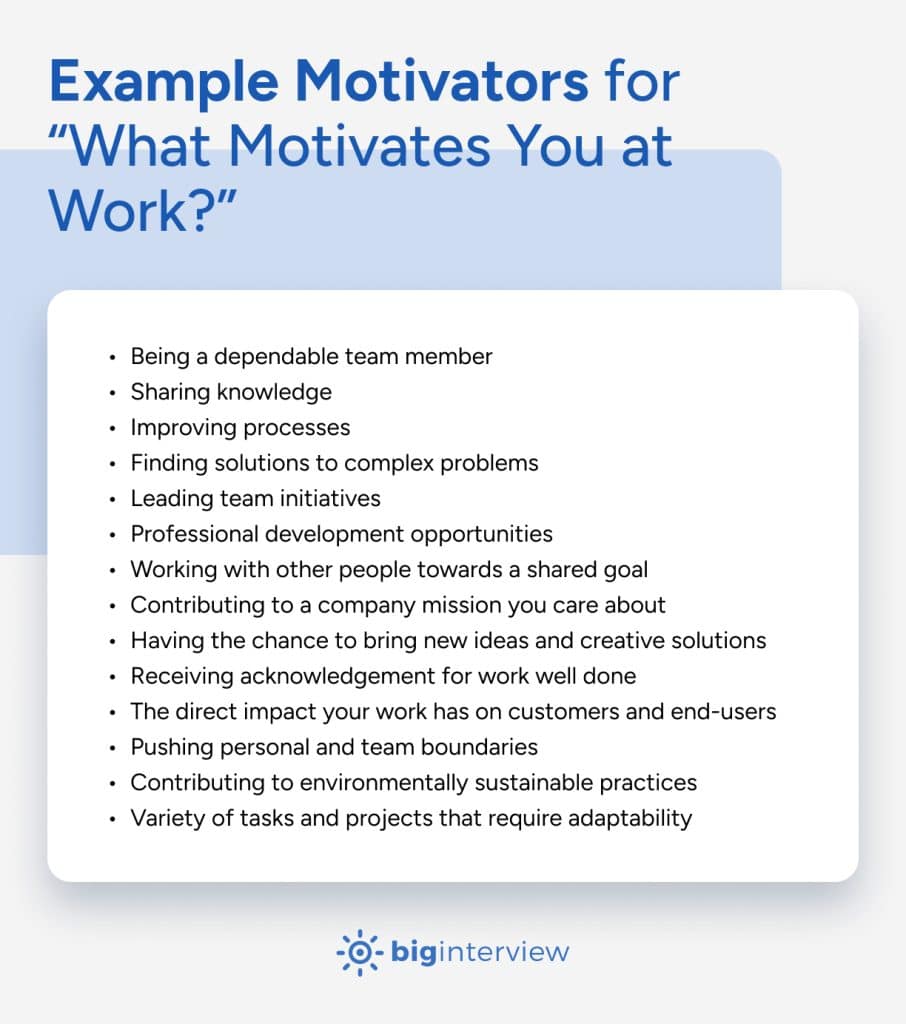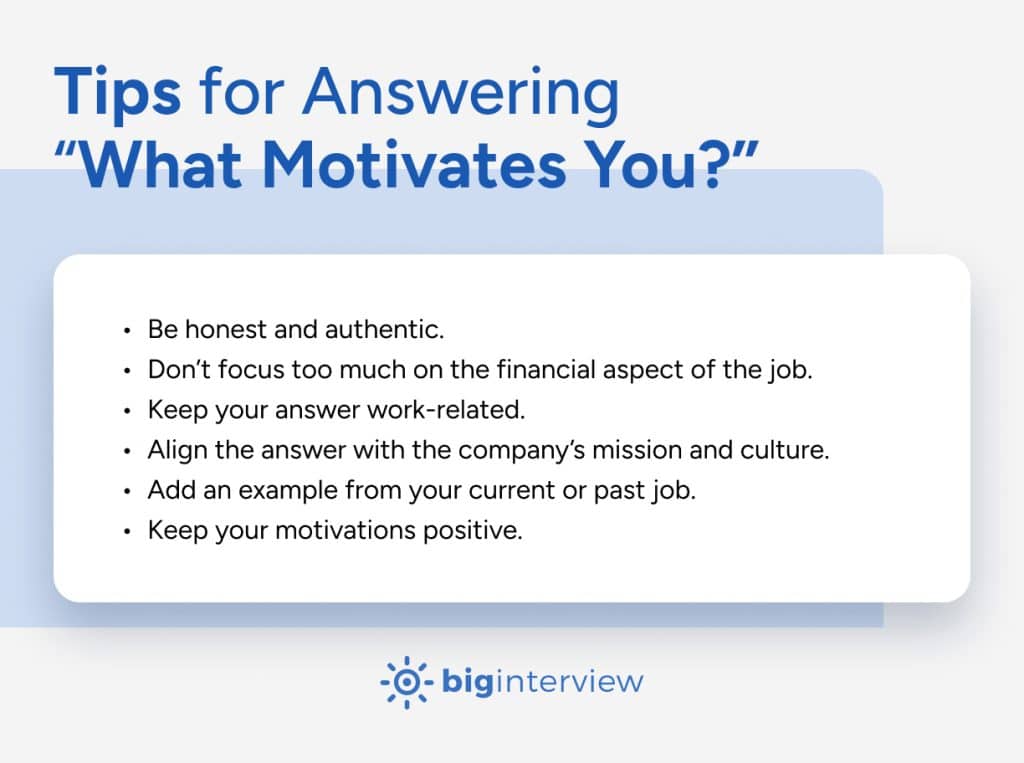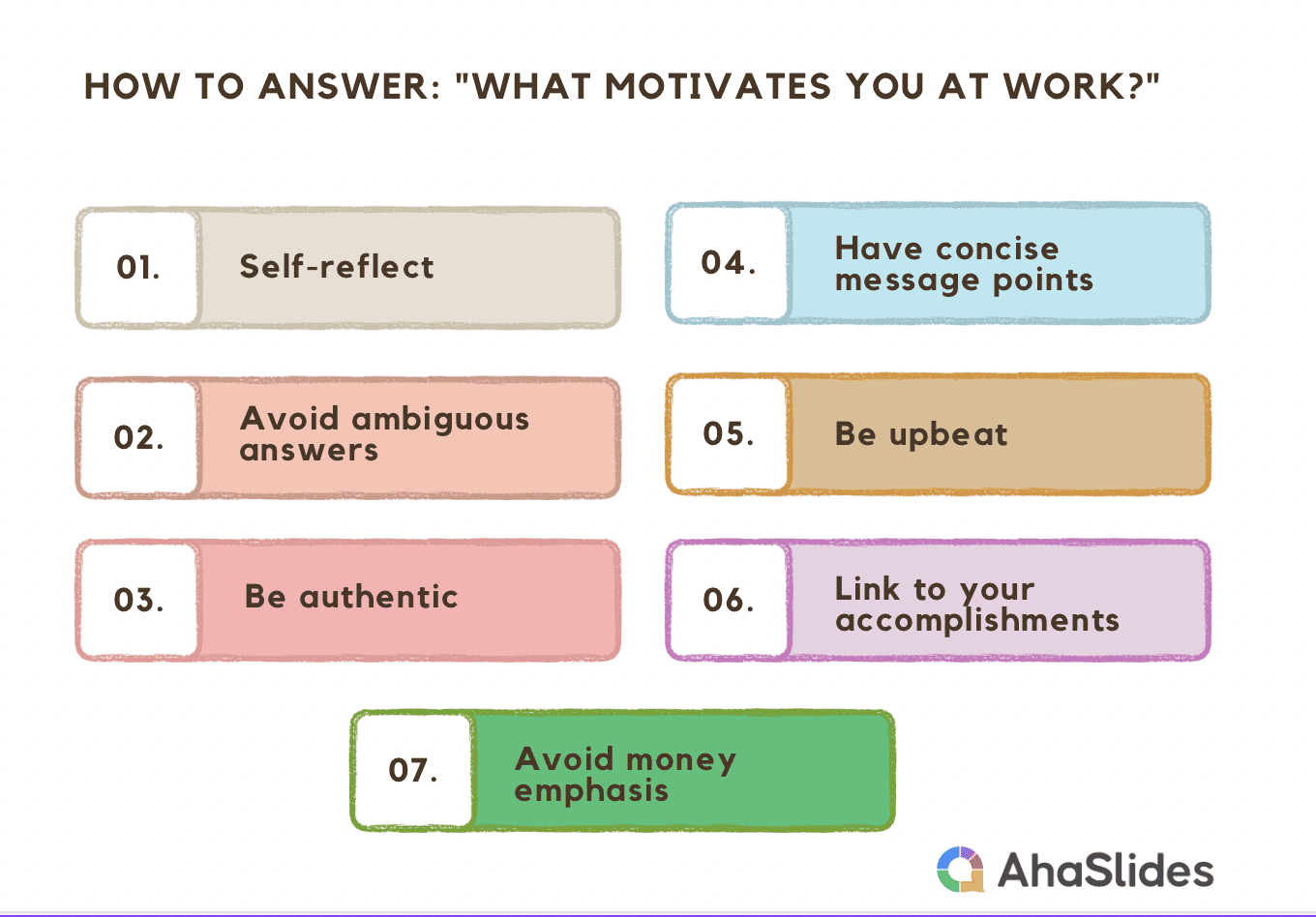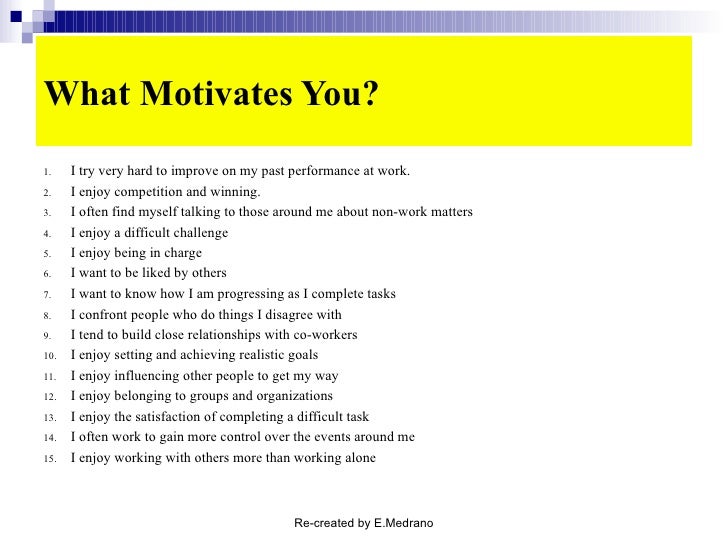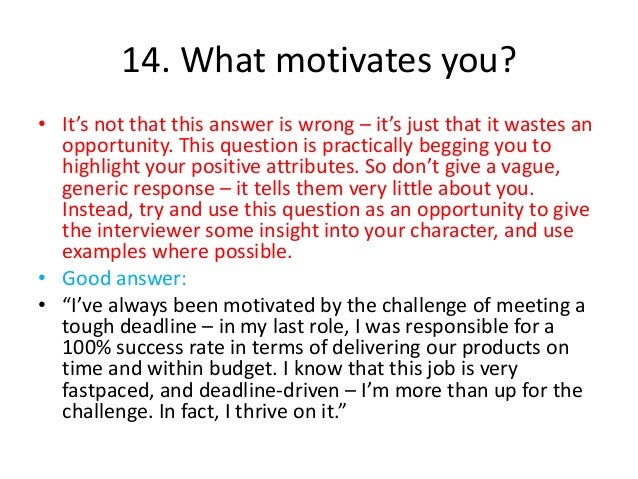What Motivates You To Work Hard Answers
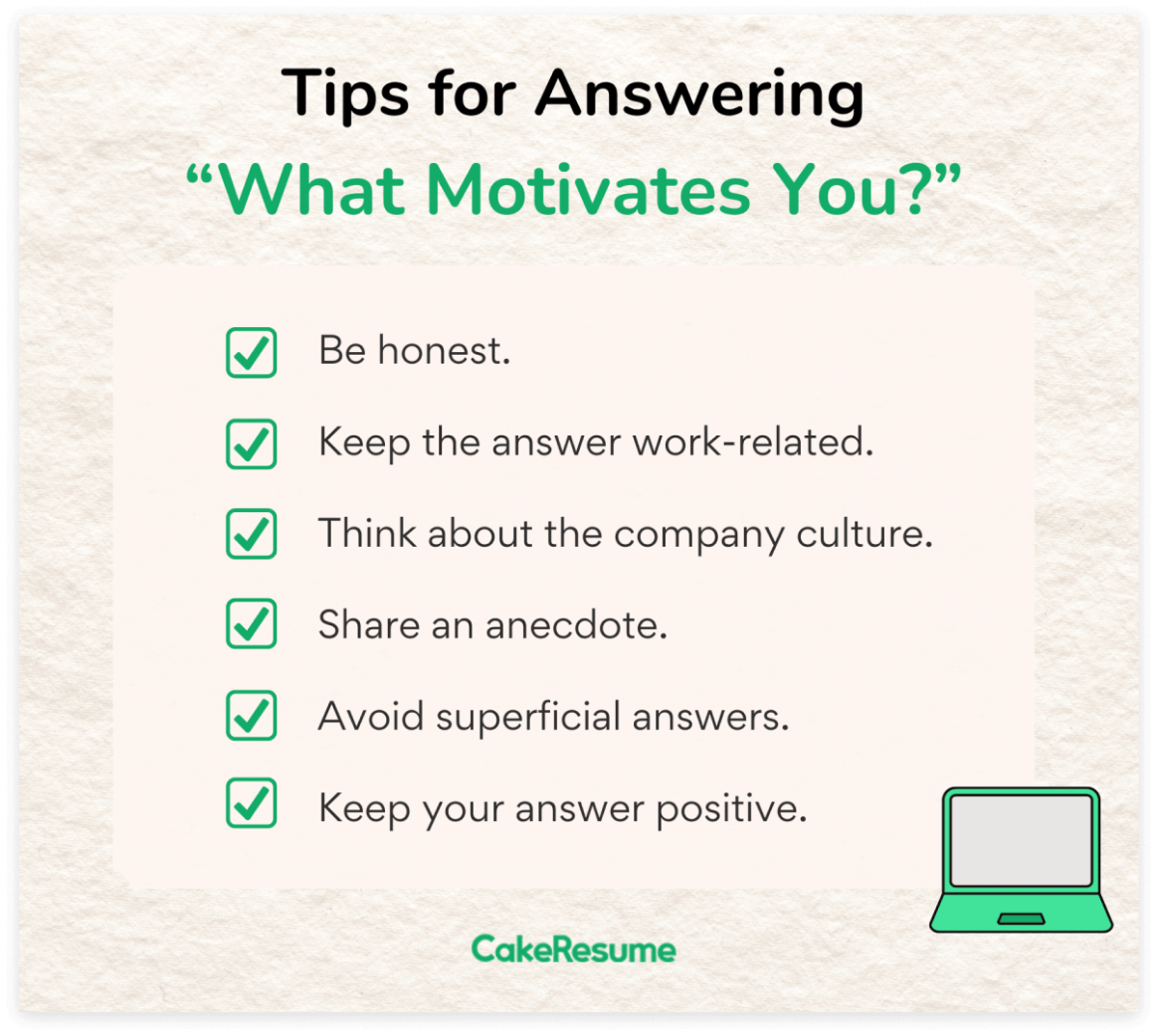
In today's demanding professional landscape, understanding the driving forces behind relentless work ethic is paramount. Recent surveys and studies shed light on the core motivators propelling individuals to excel and contribute meaningfully in their careers.
The Intrinsic vs. Extrinsic Divide
What truly makes people dedicate themselves to their jobs? Motivations generally fall into two categories: intrinsic and extrinsic. Intrinsic motivation stems from internal satisfaction, while extrinsic motivation arises from external rewards.
Intrinsic Motivators: The Power Within
Passion tops the list for many. A 2023 study by Gallup revealed that employees who utilize their strengths every day are six times more likely to be engaged at work. Feeling a sense of purpose also proves vital.
Many find meaning in their work through contributing to something larger than themselves. Personal growth and the constant challenge of learning new skills are strong intrinsic drivers, according to a LinkedIn Learning report.
Autonomy fuels motivation as well. When employees have a sense of control over their work, they are more motivated and innovative.
Extrinsic Motivators: The Carrot and the Stick
Compensation remains a significant motivator for most. Competitive salaries, bonuses, and benefits are essential for attracting and retaining talent, a Society for Human Resource Management (SHRM) survey confirms.
Recognition and appreciation also play a critical role. Employees who feel valued for their contributions are more likely to go the extra mile, according to a Harvard Business Review article.
Opportunities for advancement and career progression are important extrinsic motivators. People are motivated by the promise of promotion and increased responsibility.
Generational Differences in Motivation
Understanding the nuanced differences in what motivates various generations is essential. Millennials and Gen Z often prioritize work-life balance and purpose-driven work, according to a Deloitte survey.
Older generations may place greater emphasis on job security and financial stability. This influences how companies tailor their incentives and management styles.
A cohesive understanding of these differing priorities fosters a more engaging and productive work environment.
The Impact of Company Culture
A positive work environment can be a powerful motivator. Companies with strong, supportive cultures tend to have more engaged and productive employees.
Elements such as teamwork, collaboration, and open communication foster motivation. When employees feel respected and valued, they are more likely to perform at their best.
Conversely, toxic work environments can stifle motivation and lead to burnout, underlining the importance of a supportive company culture.
Moving Forward: Harnessing Motivation for Success
Organizations are urged to actively seek feedback from their employees. Regular surveys and performance reviews allow for a better understanding of individual and collective motivations.
Tailoring incentives and recognition programs to meet diverse needs and preferences is paramount. Companies should focus on building a holistic approach to motivation.
By fostering environments that cater to both intrinsic and extrinsic motivators, companies can unlock their employees’ full potential. This strategic implementation of motivational frameworks is crucial for achieving sustained success and productivity.
